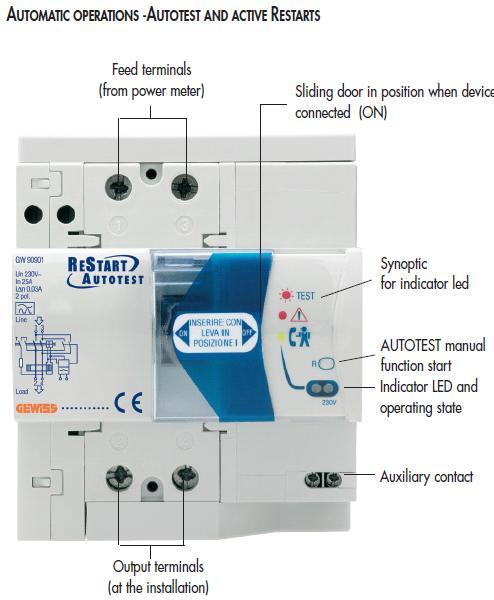From the ESC website at http://www.esc.org.uk/public/news-a...risking-lives-with-basic-electrical-blunders/
"Most electrical accidents can be prevented by a Residual Current Device (RCD), a life-saving device which prevents you from getting a fatal electric shock if you touch something live, such as a bare wire. It works by cutting power if there is a surge. However, the ESC study shows a serious lack of knowledge of this vital safety device: 70% of people surveyed do not know what an RCD is and almost half of all UK homes (49%) don’t have adequate RCD protection."
Nice to know that RCDs give us surge protection!
"Most electrical accidents can be prevented by a Residual Current Device (RCD), a life-saving device which prevents you from getting a fatal electric shock if you touch something live, such as a bare wire. It works by cutting power if there is a surge. However, the ESC study shows a serious lack of knowledge of this vital safety device: 70% of people surveyed do not know what an RCD is and almost half of all UK homes (49%) don’t have adequate RCD protection."
Nice to know that RCDs give us surge protection!


